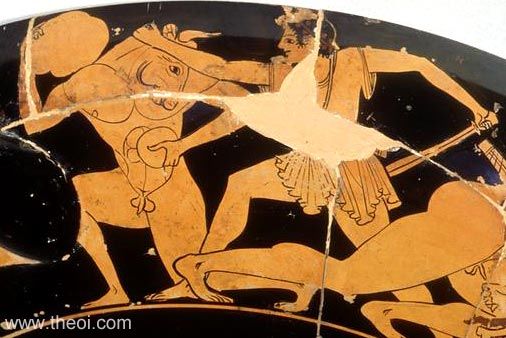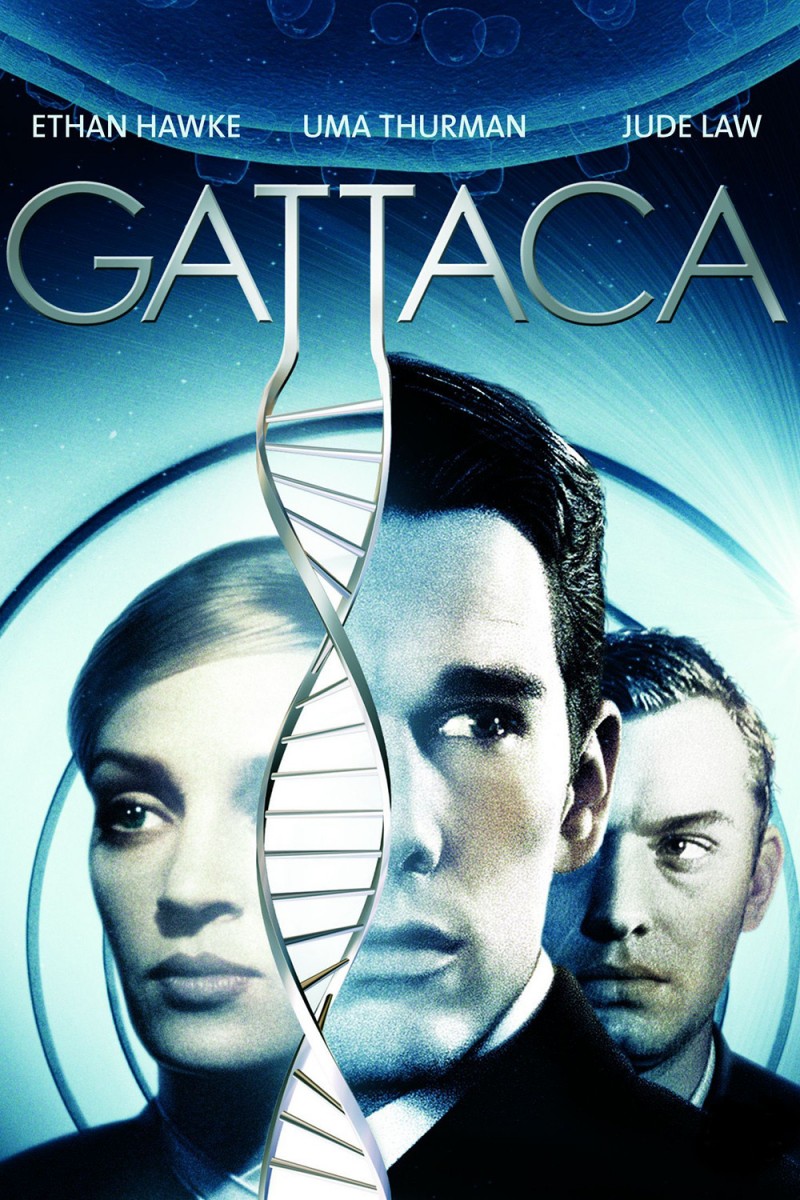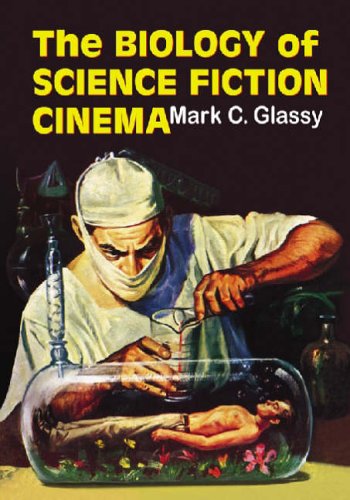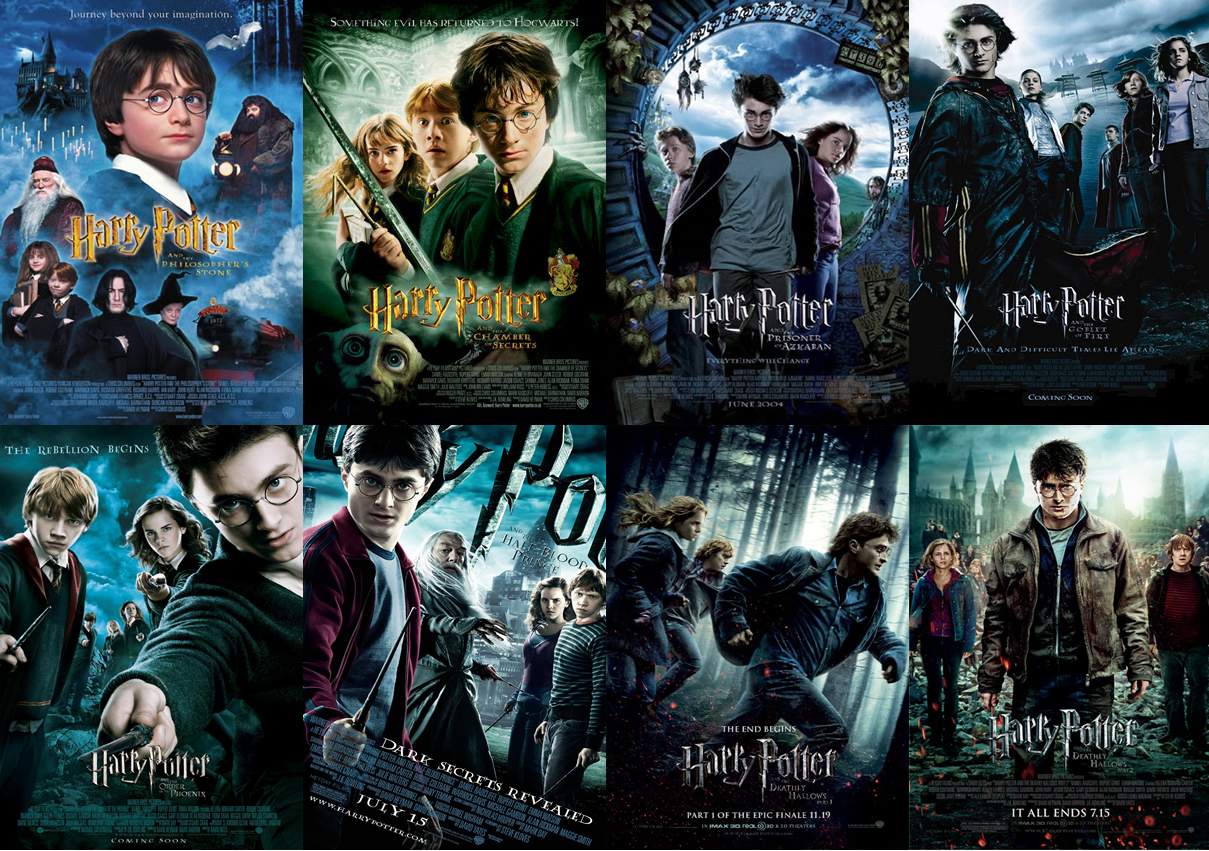What is storytelling?
Traditional methods
Non-traditional methods
Stories in the past and present
NOTES:Storytelling is one of those interesting things that can be defined in many ways. Because of this, it is easy to warp the definition to one that supports our own needs. I found one that made the most sense to me off of Wikipedia. “Storytelling is the conveying of events in words, and images, often by improvisation or embellishment.” In addition to the more traditional way of telling stories (orally), we have produced written stories and more recently film as a method to tell stories. The latter is the one I will focus my presentation on.
Stories were once used to teach specific lessons, explain the unexplainable, and to frighten others (mostly children) into behaving. Now stories are used much more to entertain and engage the mind, in business interactions, as well as to stir up our memories and bring people together.
Stories are known to change and evolve. I believe they will continue to do so as long as people continue telling them. They will also change because of the information and advancements in technology that come about. Movies have evolved to become more realistic because of the advances in technology and medicine such as the breakthrough in the DNA genetic code and what it means. One example is the X-men movies.
In the X-men movies, certain genes in otherwise normal humans have mutated to give them specific powers and abilities. This shows significance advancements from the earlier science fiction films such as the 1910 version of “Frankenstein” which has the use of alchemy rather of the modernly accepted scientific studies.
(Kirby) and Wikipedia
What does this have to do with science?
Reciprocal affects on each other
Effects of Science Fiction films on interest in science
Public understanding increases
NOTES: Not only has biology impacted the film industry and other stories, but the film industry has had significant effects on biology and technology as well. Advancements have come in many ways and at different times. Some older films, like “Star Trek: Next Generation” had provided inventors with an idea on how to produce the next technology.
One teacher decided to test if films affected the amount of interest generated for science classes. In this course, they watched and critiqued science fiction films such as “Gattaca”, “Jurassic Park”, “The Day After Tomorrow”, and “Armageddon”. The students were tasked to discover the scientific accuracy of the movies they watched. Overall, students showed an increase in interest in science after watching several of these films which covered topics such as biotechnology, natural disasters, and making babies (genetically engineering them).
When films use technology, it allows for the general public to understand more fully what is possible in the scientific world. DNA and cloning are just a couple of the biological possibilities that have opened up to the public opinion because of films. Although the films are more advanced in how they portray the science, it does allow for many basic ideas to be uncovered.
(Laprise) and (Rose) and (Safran)
Genetics in Story
Eugenics
“Gattaca”
“Jekyll and Hyde”
Daedalus and the Minotaur
NOTES: Eugenics is the science of using controlled breeding to create a species of humans with more desirable characteristics while weeding out the less desirable ones. One infamous example of this was Hitler’s belief in a perfect race (blonde hair, blue eyes, etc).
“Gattaca” was an interesting movie that focused on the separation of the elite (those with good genetics) and those that could only get menial jobs because they were the “god” children (their parents did not choose the genes for the child). While this may be considered an extreme example of prejudice and discrimination, it is used to show the inferior vs genetic elite yet leaves the consumer to decide which was the true monster.
“Jekyll and Hyde” is yet another story that is filled with genetic superiority. While Dr. Jekyll is considered a genius, Mr. Hyde, his counterpart is outwardly a monster as well as inwardly. He represents the evil nature inside each of us, and what would happen if we were to let it out.
Going back even more, we have the Greek myth of the inventor Daedalus and his minotaur inside the labyrinth. Daedalus is an interesting character from the myths. He was an inventor with little respect to the gods or others. Essentially, he did what he wanted to. His minotaur was a genetic experiment of breeding a woman with a bull. It was successful and he locked this creation inside his complex labyrinth which was built for King Minos of Crete.
(Jeffreys) and (Haldane) and (Kirby)
Film's Impact on Science Fiction
Science Fiction!
1950’s
Disney
Cloning
NOTES: Science Fiction has had an incredible impact on the knowledge that we have of science. There are several films that have impacted the knowledge advancements in said field. In 1954, Walt Disney took on a film project far beyond its time with its production of “20,000 Leagues Under the Sea”. It was the first film to use special underwater filming for several scenes. Disney then ran a special on the making of the movie that aired for several months and was in high demand because it showed several technology
Unfortunately, along with the advances that come from film, we also have some public misconceptions. Cloning is something that is continually wrongfully displayed in film. Instead of striving for historical accuracy, they just make it for a good story.
(Huebner, Eberl, and Telotte)

Conclusion-ish
Where would we be without storytelling and English? Without modern medicine, science, and technology?
Science is all around us, as is storytelling, it only makes sense that they would bounce off of, improve, modify, and test one another’s boundaries.
NOTES: “the impact of modern medicine in Western Europe “has had almost, if not quite, as deep an effect… as the industrial revolution.””- Haldane/Jeffreys
Without storytelling, humans could not have evolved even half as far. There would be no understanding between each other and no way to convey the lessons we learned to others. English covers many aspects of literature including being used in the production of films. However, without modern medicine, science, and technology our species would still be in a primitive age with lower life expectancy and a high infant mortality rate. Many of us would not even have lasted this long.
(Jeffreys)
Sources
Eberl, Jason T. "I, Clone: How Cloning Is (Mis)Portrayed in Contemporary Cinema." Film & History: An Interdisciplinary Journal of Film and Television Studies 40.2 (2010): 27-44. Project MUSE. Web. 10 Dec. 2013.
Haldane, J.B.S. "DAEDALUS or Science and the Future." Heretics, Cambridge. Cambridge University, Cambridge, England, U.K.. 4 Feb 1923. Reading.
Huebner, Andrew J. "Lost in Space: Technology and Turbulence in Futuristic Cinema of the 1950s." Film & History: An Interdisciplinary Journal of Film and Television Studies 40.2 (2010): 6-26.Project MUSE. Web. 14 Dec. 2013.
Jeffreys, Mark. "Dr. Daedalus And His Minotaur: Mythic Warnings About Genetic Engineering From J.B.S. Haldane, François Jacob, And Andrew Niccol's Gattaca." Journal Of Medical Humanities 22.2 (2001): 137-152. Psychology and Behavioral Sciences Collection. Web. 3 Nov. 2013.
Kirby, David A. "The Devil in Our DNA: A Brief History of Eugenics in Science Fiction Films." Literature and Medicine. 26.1 (2007): 83-108. Web. 4 Oct. 2013.
Laprise, Shari, and Chuck Winrich. "The Impact of Science Fiction Films on Student Interest in Science."Journal of College Science Teaching. 40.2 (2010): 45-49. Web. 27 Oct. 2013.
Lounès Chikhi. "Update to Chikhi et al.'s "Clinal Variation in the Nuclear DNA of Europeans" (1998): Genetic Data and Storytelling—From Archaeogenetics to Astrologenetics?" Human Biology 81.5 (2009): 639-643. Project MUSE. Web. 3 Dec. 2013.
Rose, Christopher. "How to Teach Biology Using the Movie Science of Cloning People, Resurrecting the Dead, and Combining Flies and Humans." Public Understanding of Science. 12.3 (2003): 289-296. Web. 27 Oct. 2013.
Safran, Stephen P. "Movie images of disability and war: Framing history and political ideology." Remedial and Special Education. 22.4 (2001): 223. Web. 1 Nov. 2013.
Telotte, J. P. "Science Fiction as "True-Life Adventure": Disney and the Case of 20,000 Leagues Under the Sea." Film & History: An Interdisciplinary Journal of Film and Television Studies 40.2 (2010): 66-79. Project MUSE. Web. 10 Dec. 2013.










